Coronavirus: Protests expose elite disconnect with ordinary American citizens
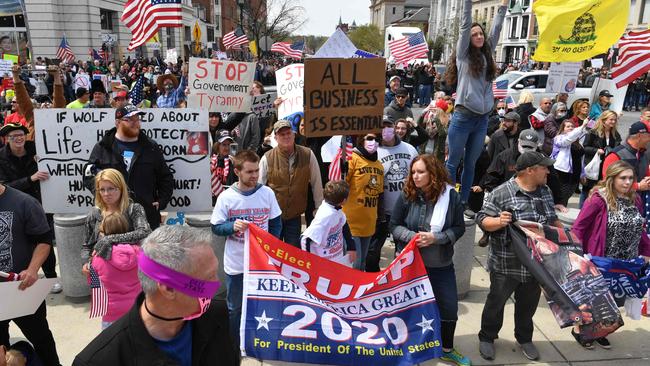
In state capitals across the country, citizens are protesting the continued coronavirus lockdowns. A CNN critic calls them “COVID-19 deniers,” notwithstanding that the science they allegedly deny still lacks conclusive answers to some of the most fundamental questions about the coronavirus.
In the past week, demonstrations have broken out in Arizona, Colorado, Florida, Idaho, Kentucky, Michigan, Minnesota, North Carolina, Utah, Virginia and Washington. In Pennsylvania the state legislature got into the act, sending Governor Tom Wolf a bill that would order much of the state reopened more quickly than he would like. More protests are planned for this week.
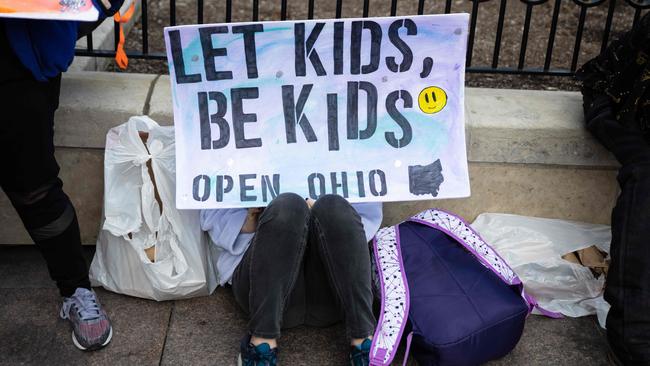
So who are these people? Some are folks who fear a permanent expansion of government and worry when they hear leaders such as New Jersey Governor Phil Murphy saying that constitutional considerations about lockdown measures are “above my pay grade.” Others are troubled by the First Amendment implications of politicians shutting down churches.
The do-as-I-say-not-as-I-do behaviour of those imposing these rules isn’t boosting trust in authorities, either, whether it be Chicago Mayor Lori Lightfoot going out to get her hair done or New York Mayor Bill de Blasio being driven to his gym even as they were imploring everyone else to stay home. On Monday Mark Zuckerberg told George Stephanopoulos on ABC News that Facebook now classifies “a lot of the stuff” protesters are saying as “harmful misinformation” — and that Facebook will “take that down.”
Lost in all this is that the protesters are for the most part simply struggling Americans who have concluded that — at least for them — the cure is turning out to be worse than the disease.
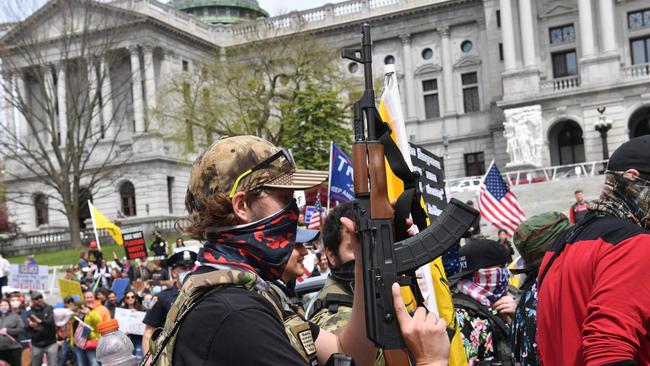
“These protesters aren’t rich or privileged,” says Stephen Moore, a Trump economic adviser. “Most are folks living paycheck to paycheck or small-business owners seeing their livelihoods destroyed, and they are the ones who are bearing the crushing burden of the lockdown in their states.” Mr Moore says he’s formed an organisation, Save Our Country, to help them ensure their voices are heard.
Feeding the sense of grievance is not just the lockdowns but the way they have been imposed. Start with the overkill. This includes sheriff’s deputies arresting a paddle boater alone in the ocean off Malibu, California, city officials in San Clemente filling a popular skateboarding park with 37 tons of sand, and various states restricting big-box retailers from selling “non-essential items,” which means that you can get three scoops of chocolate chip from your local ice-cream shop but God forbid Home Depot sell you a bag of mulch.
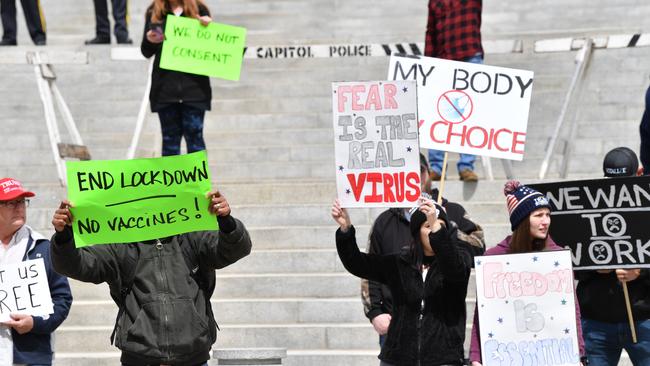
Though it is common to portray the protesters as putting profits over public health, these are hardly wealthy investors worried about their portfolios. Unlike the roughly one-third of Americans who can work at home and still draw paychecks, for most Americans the lockdowns are more than an inconvenience. And the urgency of reopening looks very different for the 22 million American workers who have just lost their jobs — or the 1 in 4 small-business owners who, according to the US Chamber of Commerce, say they are two months or less away from shutting down permanently.
Ditto for the charge that they are antiscience. Surely we could all use a little more modesty. Any honest appraisal would have to concede there is much that scientists have gotten wrong (the many models whose estimates of, say, deaths and ventilators needed proved wildly off), and much we still don’t know (the true lethality of COVID-19, the average number an infected person will infect, and so on).
Medical officials haven’t always been right, either. In January, Anthony Fauci, the immunologist who serves as a lead member of the president’s coronavirus task force, assured America that COVID-19 was “not something that the citizens of the United States right now should be worried about.”
This is no slam on Dr Fauci. To the contrary, this is the way science works, as experts revise and adjust to new information. But it should be a warning not to regard these experts as oracles or science as a source of unequivocal answers beyond dispute. Scientists should have doubts and continue to put their hypotheses to the test.
The protests remain relatively small. But they do expose the elite disconnect with ordinary America. A recent New York magazine article captured the condescension and lack of empathy when it declared the protests are probably “going to spread nearly as rapidly as the coronavirus itself in the rich soil of anti-government subcultures where it’s widely accepted that ‘tyrants’ are exploiting the emergency to impose their godless socialist views on freedom-loving but fearful Americans.”
A better sense of this subculture might be the words chanted by Kentucky protesters outside their governor’s office last week. Their outrageous message? “We want to work.”
The Wall Street Journal



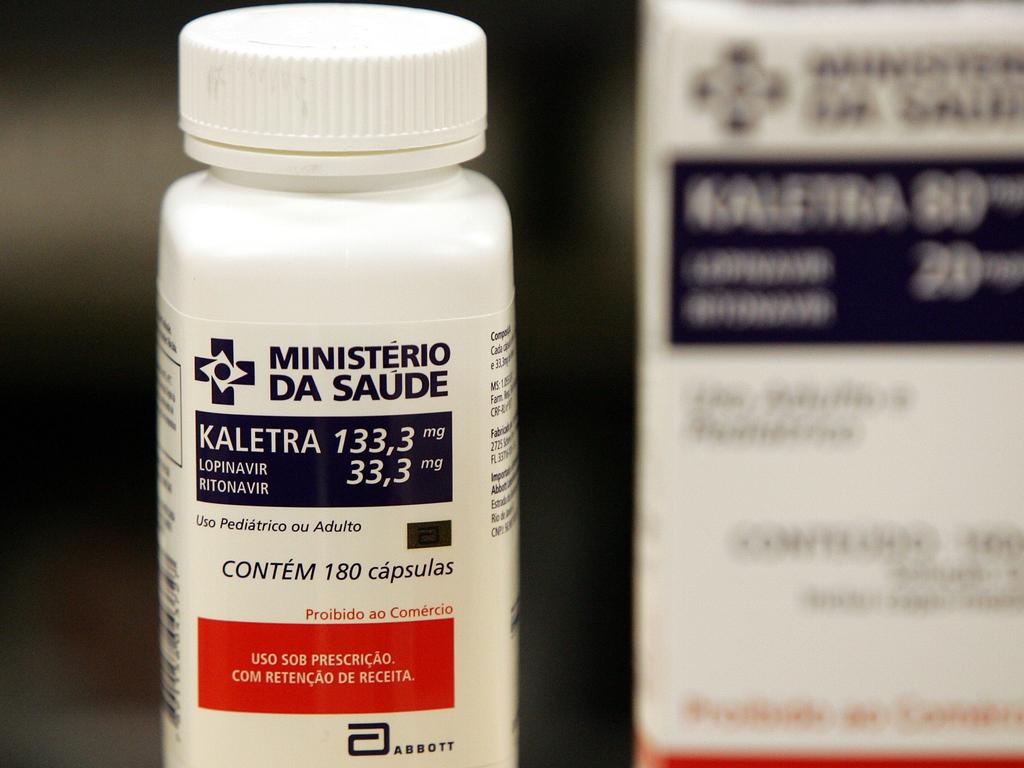
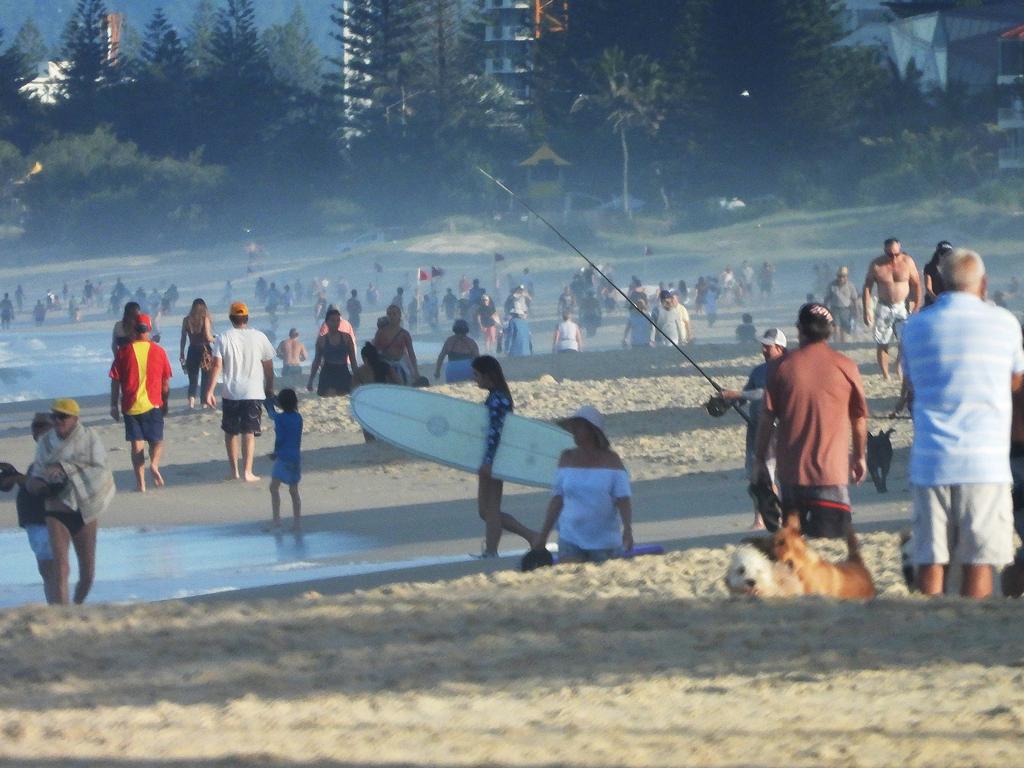
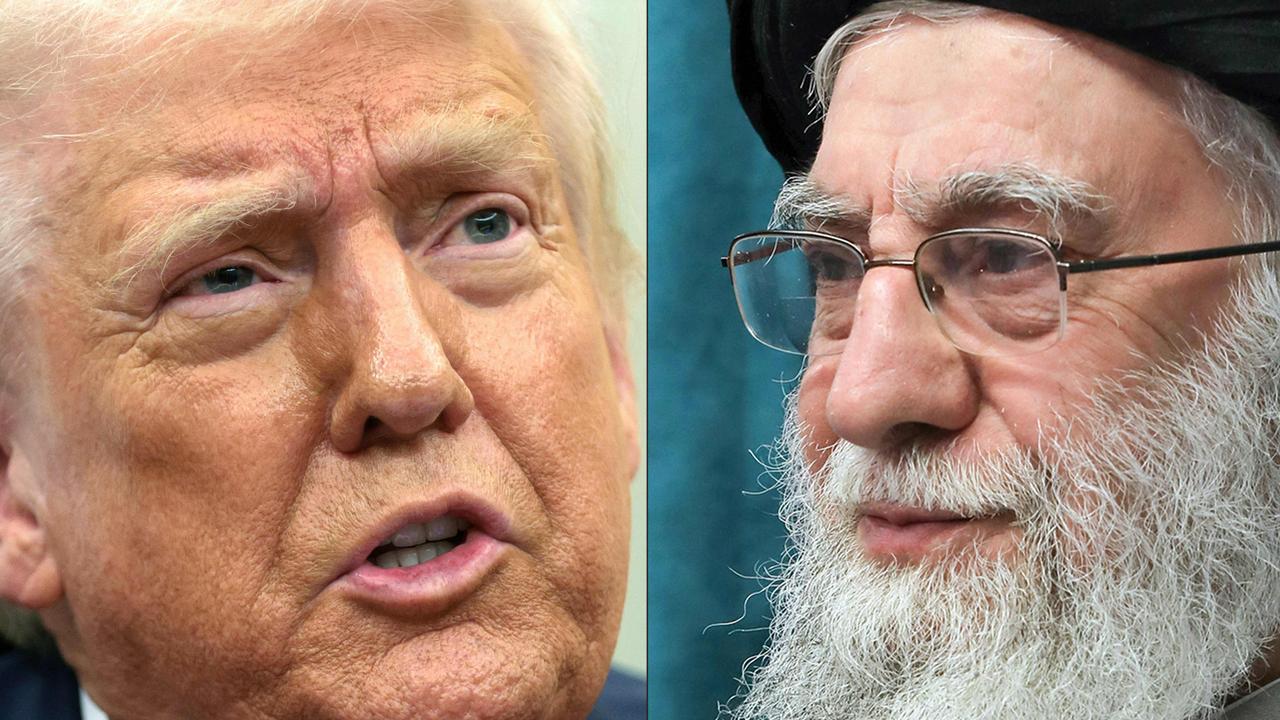
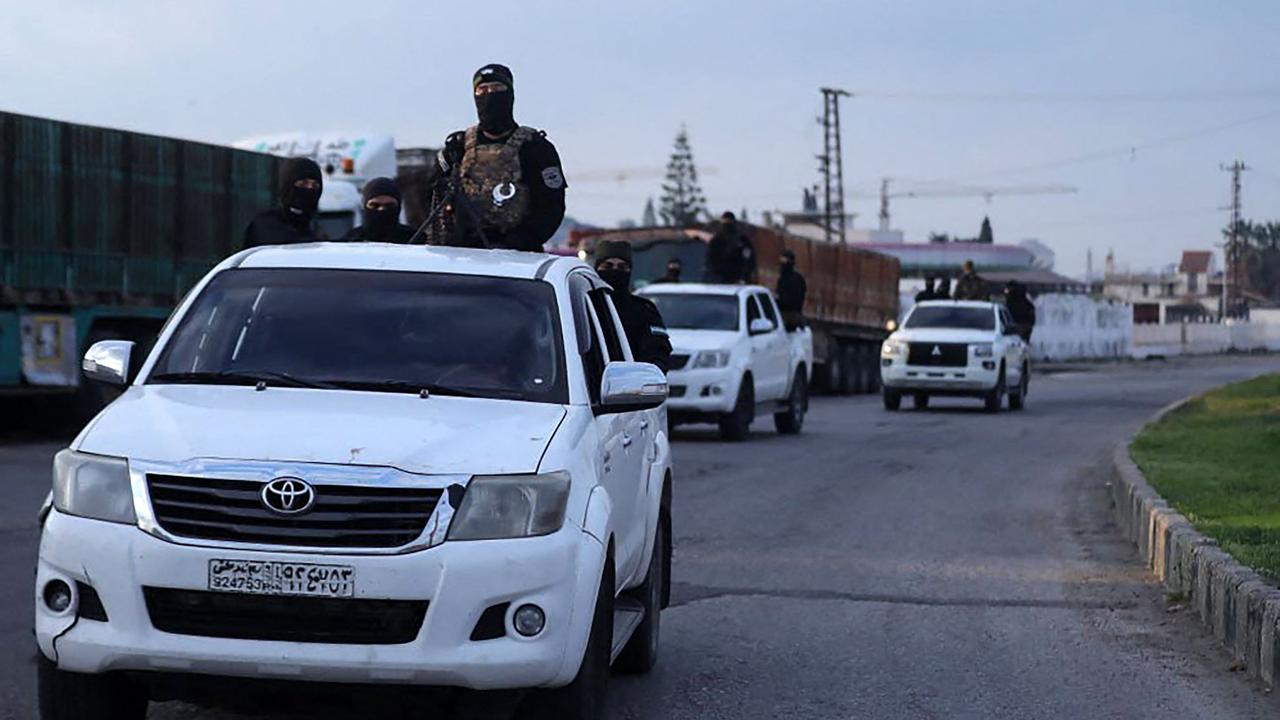
There they go again, ordinary Americans denying science and refusing to defer to their betters.